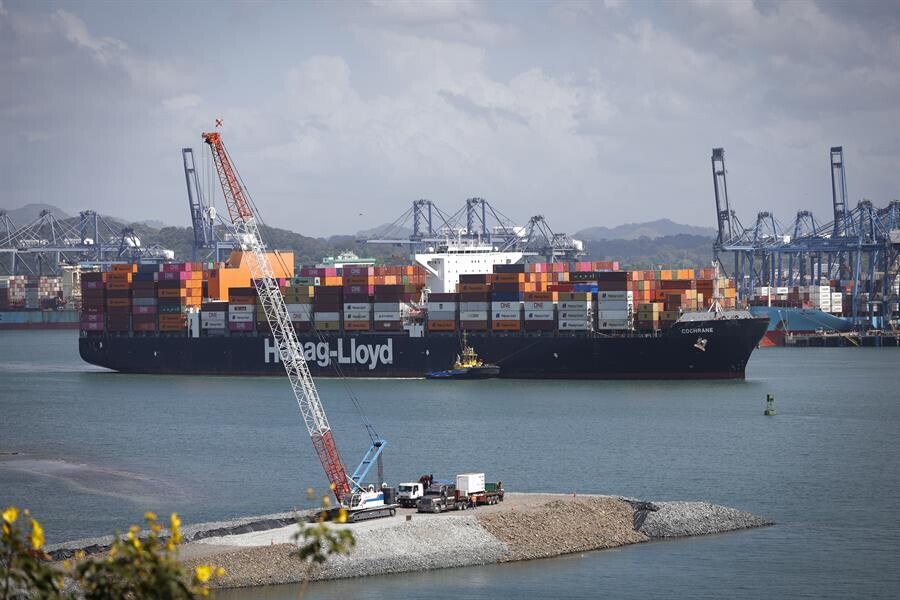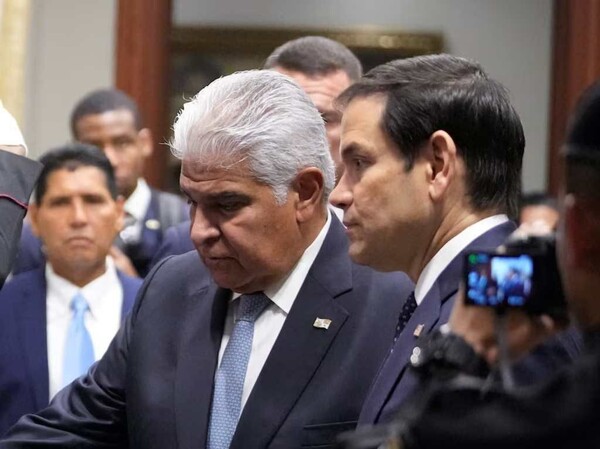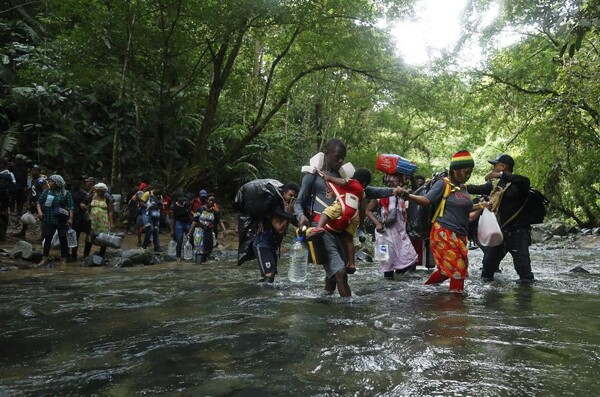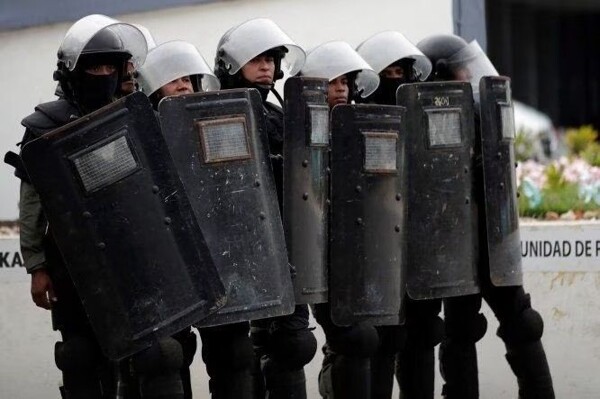
The United States has set a new agenda in Latin America, focusing on issues such as the fight against drug trafficking, regional security, and positioning its influence in the region. In this context, Secretary of State Marco Rubio's tour of five countries in the region takes on special relevance.
One of the critical points on Washington's agenda is its relationship with China and the impact of the growing influence of the Asian giant in Latin America. In this regard, Panama has become a focal point of attention due to Chinese investments in the country, particularly in infrastructure and logistics. For the United States, this represents a threat to its dominance in the region.
During his visit to Panama, Rubio will hold key meetings with Panama's government officials and the Panama Canal authorities to discuss the future of the interoceanic route and its security. Concerns about the inadequate maintenance of the canal have been expressed from the White House, emphasizing its impact on global trade.
During the tour, the United States Special Envoy for Latin America, Mauricio Claver-Carone, reminded of the importance of the United States in the construction of the Panama Canal and criticized the tolls charged to the U.S. merchant marine. This issue, along with the Chinese presence, is part of the agenda that Washington seeks to address in the region.
In addition to Panama, Rubio's agenda includes countries such as El Salvador, Costa Rica, Guatemala, and the Dominican Republic. In each of these places, topics like migration, regional security, and Chinese influence will be addressed. In El Salvador, collaboration with President Nayib Bukele, considered a strong ally of Washington in the region, is highlighted.













